12 Best Wound Care Supplies (Survival Medical Kit)
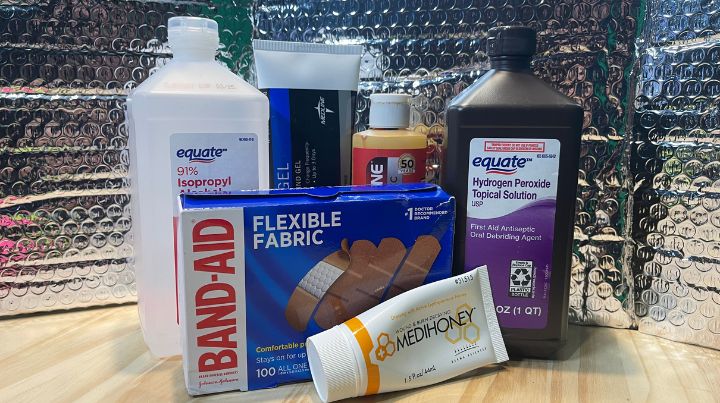
I consider wound care supplies an integral part of your home’s survival medical kit. And your home’s survival medical kit may be your last best option to treat patients such as yourself and your loved ones during emergencies and prolonged disasters.
The purpose of your home medical kit is to deal with medical problems and start the healing process as soon as possible to avoid future life-impacting complications. That becomes even more important during emergencies and prolonged disasters where the likelihood of wounds and other world has gone sideways traumatic injuries skyrockets.
With that, this article will cover what I feel are the bare essentials of your home medical kit’s wound care supplies. This article does not cover what should be in your home.
Disclaimer: This article contains affiliate links that I may receive a small commission for at no cost to you if you choose to purchase a product through a link on this page.
What are Wound Care Supplies?
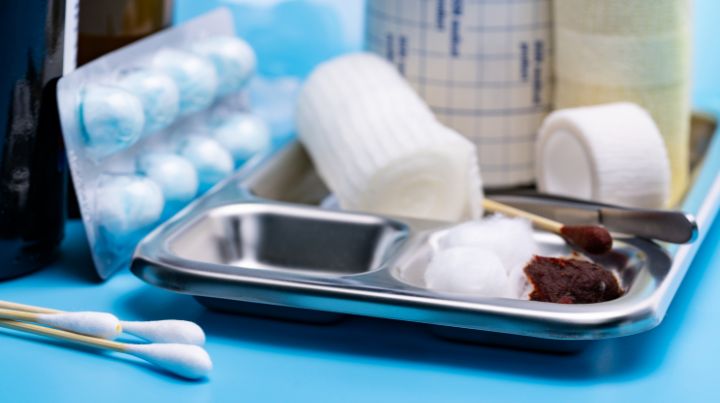
Wound care supplies are the medical supplies you have on hand to treat minor wounds, sores, and incisions. For the purposes of this article, wound care supplies do not include tourniquets, wound packing material, and other supplies used to treat serious, in-the-moment, life-threatening injuries. Those supplies are discussed in this “What to Keep in Your Trauma Medical Kit” article.
Seek Advice From Your Medical Provider
Before continuing any further, I must preface that what I discuss in this article is how and why I approach my unique preparedness situation. These are medical supplies and options that I used during years of travel and work as a remote paramedic.

Because we all have unique situations and needs, I urge you to please discuss your specific and unique needs with your medical provider and have them guide your medical preparedness strategy.
1. Isopropyl Alcohol
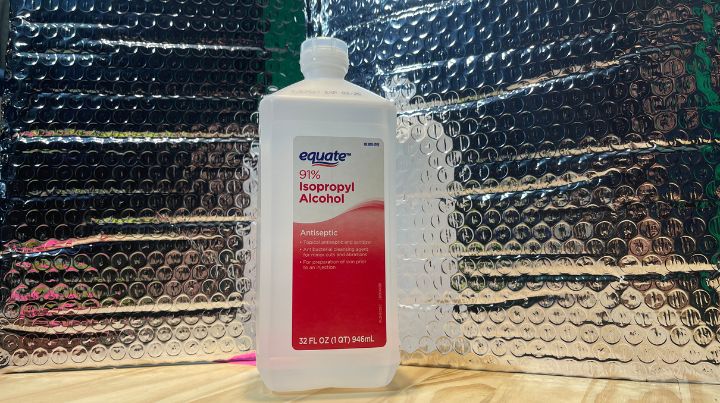
Isopropyl alcohol, also known as rubbing alcohol, is a powerful antiseptic used to clean wounds and prevent infection. It also kills bacteria and viruses, making it an essential component of any home medical kit.
In addition, isopropyl alcohol evaporates quickly, so it will not leave behind any sticky residue. Isopropyl alcohol can be used on hard surfaces and soft fabrics, making it a versatile wound care solution and effective in preventing the growth of mold and mildew, making it a valuable tool for keeping your home clean and healthy.
2. Betadine
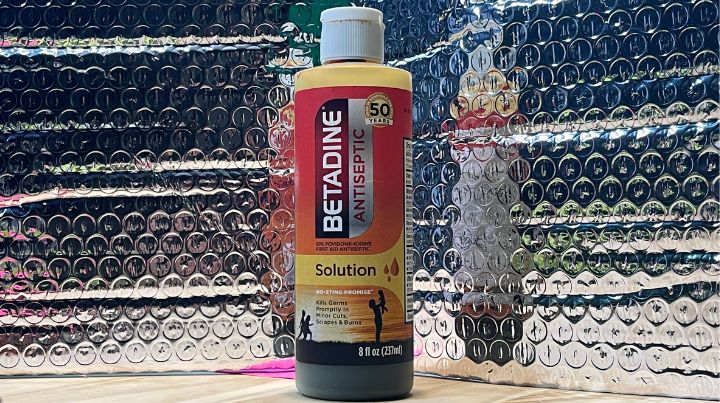
In my experience, any home medical kit worth its salt will have some form of antiseptic, and Betadine is one of the best. This topical iodine solution can be used to clean cuts, scrapes, and burns and can also help prevent infection.
Betadine is beneficial for treating minor wounds that are difficult to keep clean, such as those on the fingers or toes. In addition, Betadine can be used to disinfect surfaces or hands, making it a valuable tool for protecting against germs.
While Betadine is not a cure-all, it is a wound cleanser that I stock in my home medical kit, and it can help to ensure that minor injuries do not become major problems.
3. Hydrogen Peroxide
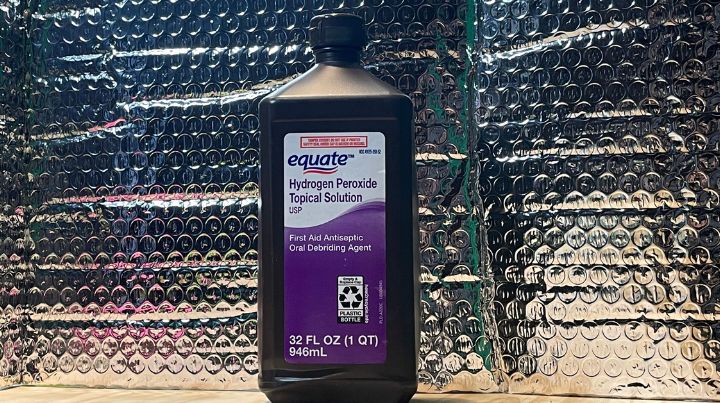
Hydrogen peroxide is a powerful oxidizing agent capable of killing bacteria and other pathogens. It has a long history of use in wound care and is still commonly used today.
Hydrogen peroxide is often used as an antiseptic because it kills bacteria and other pathogens by oxidizing them. This can help to prevent infection and speed up the healing process.
The main difference between hydrogen peroxide and other disinfectants is that it destroys a wide range of microorganisms, including viruses, fungi, and spores, without causing toxic residues. For this reason, it is often used in hospitals and other healthcare settings to clean surfaces and equipment.
Note on Hydrogen Peroxide & Betadine Solutions
When I have a cut that I feel needs a more thorough disinfecting due to the injury, I use a solution of 75% hydrogen peroxide and 25% Betadine.
I mix the solution in a clean cup. Then, I carefully scrub the wound with a Q-Tip or other applicator soaked in the solution to disinfect and remove any debris.
Another alternative is to our the solution in a squirt bottle that uses the pressure of the solution’s stream to help cleanse the wound.
Regardless, I typically use the hydrogen peroxide / Betadine solution only for my initial disinfecting and cleaning. After that, I switch to Silvasorb Gel or a similar, non-Neosporin, non-Bacitracian wound care option.
4. Silvasorb Gel
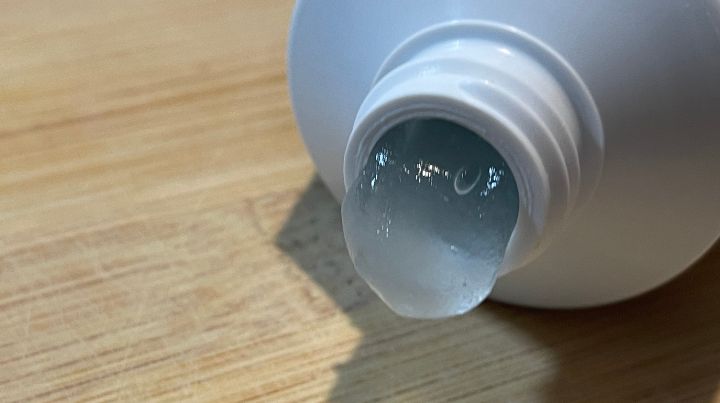
Silvasorb Gel is one product that can be particularly helpful in a home medical kit. The gel is a clear, water-based gel that contains hydrogel particles. These particles help the gel adhere to wounds and provide a barrier against bacteria.
The gel also contains silver, which has natural antibacterial properties. In addition, Silvasorb Gel helps to promote healing by keeping the wound moist and allowing oxygen to reach the wound site.
As a result, Silvasorb Gel can speed up the healing process and reduce the risk of infection. For these reasons, Silvasorb Gel is an essential addition to any home medical kit.
Note: Silvasorb can be difficult to find at times. When this is the case, there are plenty of alternatives on Amazon and elsewhere. One alternative is
Curad Germ Shield Antimicrobial Silver Wound.
5. Medihoney
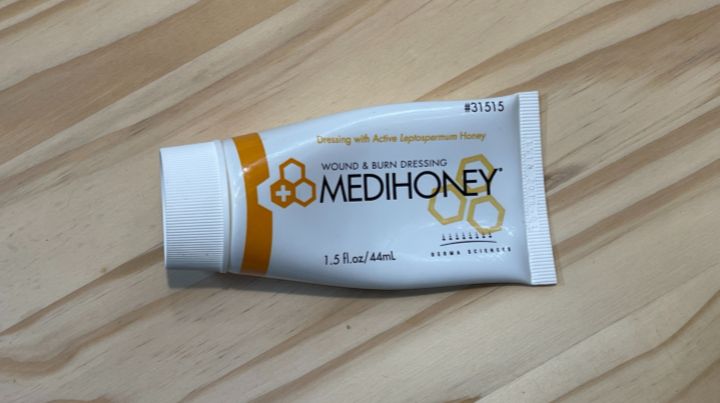
Honey has been used throughout history to treat wounds. While it’s been used for thousands of years, it wasn’t until 1999 that sterile, medical-grade honey became an approved healthcare option.
Medical-grade honey is an outstanding home wound-care option because:
- Honey is acidic and, therefore, bacteria-resistant.
- Honey contains hydrogen peroxide, which, as discussed, is excellent for killing pathogens.
- It has a low water content, which bacteria need to thrive.
While honey has been used for millennia, it’s important to note that you should always use sterile, medical-grade honey, such as Medihoney, which is a great resource these days for wound treatment.
6. Bandaids – Assorted Pack
Remember, this is for a “basic” home medical kit. Your trauma dressings, wound packing gauze, and hemostatic agents, like Celox and Quick Clot, will be in your trauma kit, where they belong, and not taking up space in your bathroom medicine cabinet.
Band-Aids are the go-to wound care option for most cuts and abrasions. They’re small, lightweight, take up little space and work well at covering minor wounds. While they may not have the cool factor some feel from unnecessarily using Kerlix and tape to treat a cut, they’re quick, effective, and relatively inexpensive.
7. Bandaids – Flexible Fabric 3/4″ x 3″
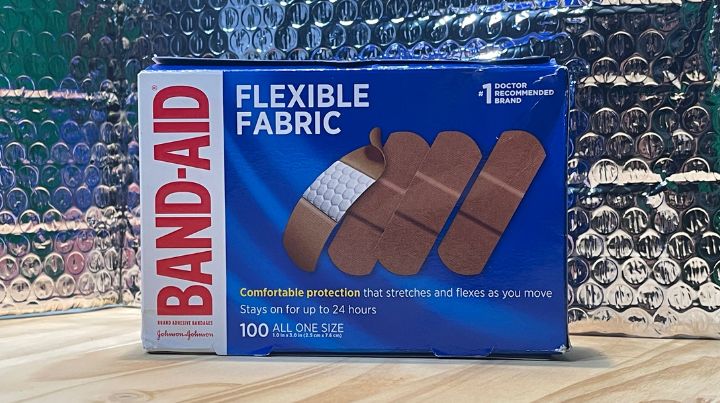
I’ve found that the go-to size for most cuts, early boot blisters, and minor abrasions is 3/4″ x 3″. Therefore, I add a box of 100 flexible fabric, Band-Aids to my home medical kit to ensure I’m well stocked on what I feel is the best-performing Band-Aid.
I use that box to backfill any Band-Aids used in the field. Whether it’s a blister from too many miles or a slide bite from a poorly held pistol, the Flexible Fabric 3/4″ x 3″ Band-Aids are my go-to option.
8. Q-Tips
Besides jamming ear wax deep into your ear, Q-Tips are an excellent wound care option. They can be used to help cleanse and disinfect wounds and remove debris embedded in skin, tears, and cuts.
I’ve also found that they’re excellent at applying wound cleansers, ointments, and gels to small areas like blisters, cuts, and burn wounds. Q-Tips help make wound management easier and more effective without getting the medication all over your fingers.
Lastly, Q-Tips are a great addition to any gun-cleaning effort. There is little better than having a Q-Tip at the ready when trying to clean the barrel lugs on your AR variant.
9. Coban (Vet Wrap)
Coban is a popular choice for wound care due to its many benefits. Unlike other types of medical tape, Coban is gentle on the skin and provides secure protection from bacteria and moisture.
In addition, Coban offers greater flexibility than traditional gauze or bandages, allowing it to conform easily to the contours of even complex or hard-to-reach body parts. Coban is easy to apply and remove, making it an excellent choice for both professional caregivers and home users.
Whether using Coban to treat minor cuts and scrapes to more complex surgical wounds or chronic wounds, this versatile and reliable medical tape has everything you need for fast and effective wound care.
10. Non-Sterile 4x4s
A home medical kit should also include some non-sterile 4x4s. You can use these versatile bandages to stop bleeding and as a wound dressing to protect open wounds, which makes them an essential item for any first aid kit.
Not only do non-sterile 4x4s provide the coverage you need in any critical situation, but they are also easy to use and affordable to buy in bulk. So, if you want access to high-quality bandages whenever you need them, including non-sterile 4x4s in your home medical kit!
11. Nitrile Exam Gloves (Latex Free)
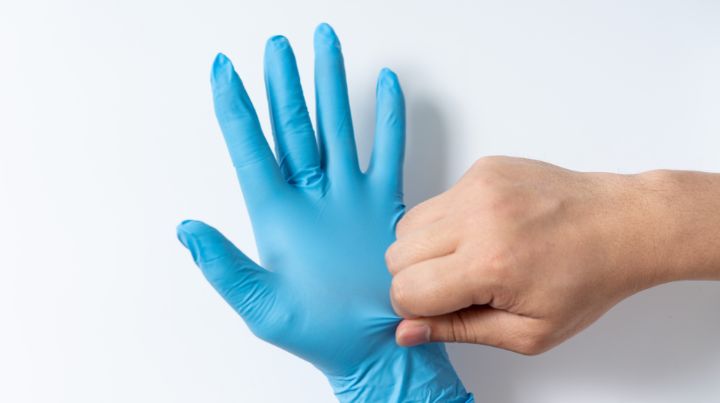
Nitrile exam gloves are essential to any wound kit medical supplies, as they provide protection and peace of mind when treating various injuries.
Manufacturers make these gloves from a high-quality synthetic material that is durable, comfortable to wear, and highly elastic. This makes them ideal for situations where one’s hands may be exposed to blood or bodily fluids. Additionally, nitrile gloves help prevent the transmission of germs and other harmful pathogens, reducing the risk of infection.
Whether dealing with a small cut or a large laceration, nitrile exam gloves are essential to any effective first aid kit. So if you want to keep yourself and your loved ones safe in an emergency, ensure that every first aid kit you use contains quality nitrile exam gloves.
12. Butterfly Bandages
Butterfly bandages are an essential tool for any wound care kit. Similarly, butterfly stitches are small, adhesive bandages that help to close cuts and other minor wounds quickly and effectively. Unlike traditional stitches or medical tape, butterfly bandages stay in place on the skin while providing enough flexibility to allow the cut to heal naturally, resulting in a much faster and less painful recovery.
Here’s a Mind4Survival article on butterfly bandages.
The Bottom Line on Wound Care Supplies
One of the keys to wound care is the time it takes to effectively begin the healing process, which includes the supplies you stock in your home’s survival medical kit.
One crucial category of supplies includes wound care supplies. You use these supplies to clean, disinfect, dress, and maintain any wounds you’re treating. And while your medical mindset and knowledge come into play, these supplies will round out the effectiveness of your wound care capability.
What do you stock in your home wound care kit? Tell us in the comments below.
Additional Resources:
- Prepper Medical Supplies: OTC Meds
- How to Create an Emergency Car Kit for Babies and Toddlers
- Butterfly Bandage: The What and How of Butterfly Stitches
- What Are the 10 Easiest Medicinal Plants to Grow?
Stay safe!

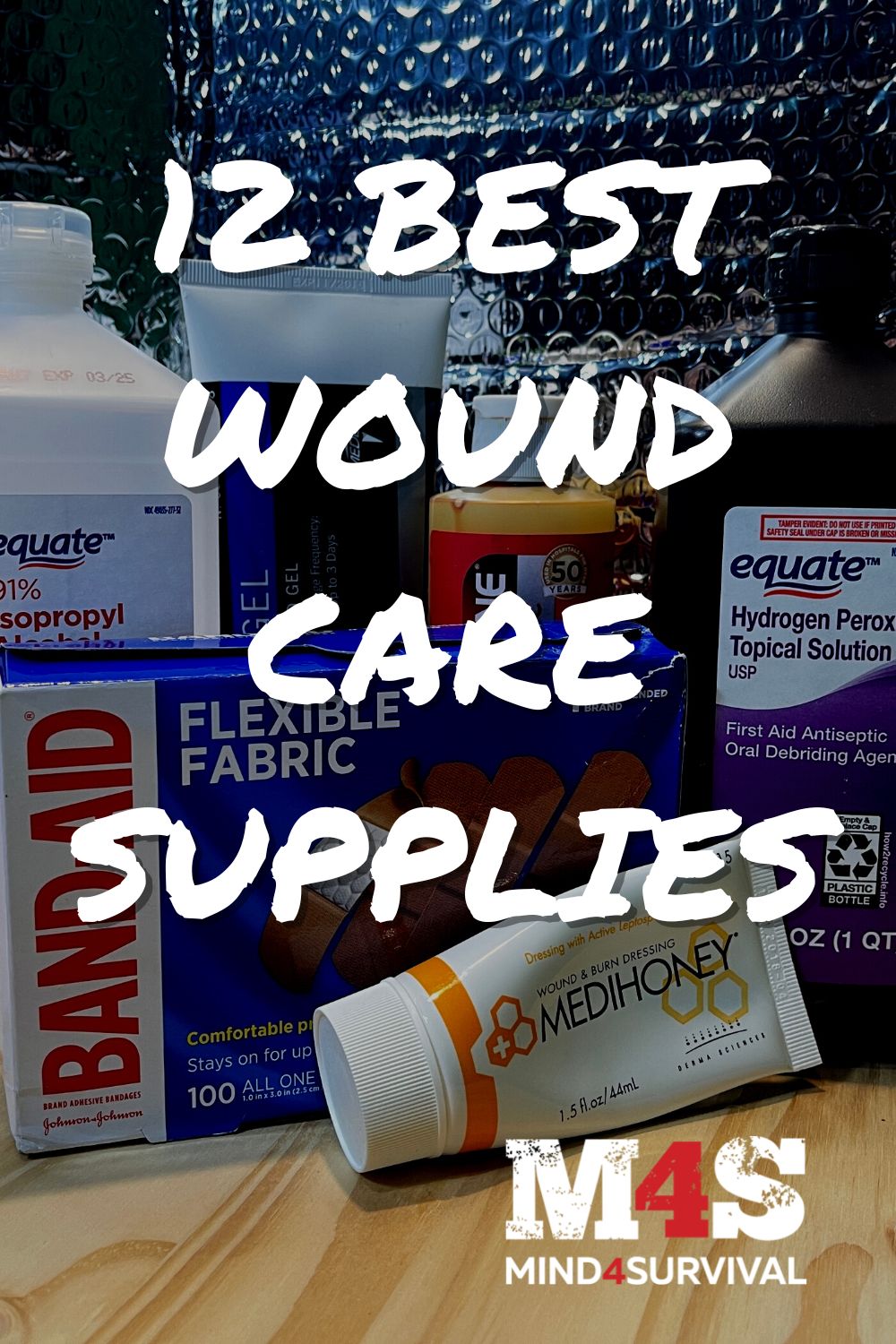
Don't Miss Out!
Join the thousands of people who rely on Mind4Survival preparedness advice by subscribing to our FREE newsletter.
- Practical preparedness information
- Zero Spam
- < 0.25% of people unsubscribe




Join Mind4Survival!
Stay informed by joining the Mind4Survival! 100% Secure! 0% Spam!
Follow Us!
Affiliate Disclosure
Mind4Survival is a free, reader-supported information resource. If you make a purchase through our link, we may, at no cost to you, receive an affiliate commission.









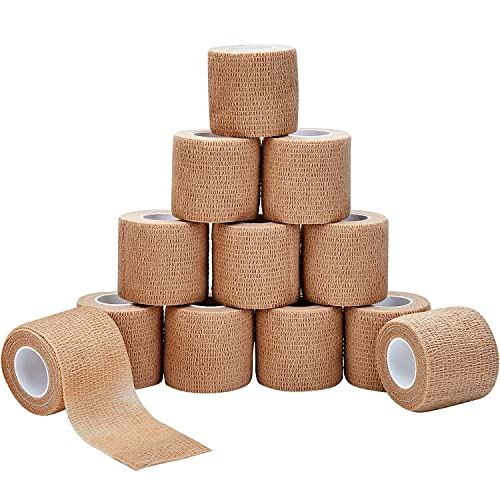
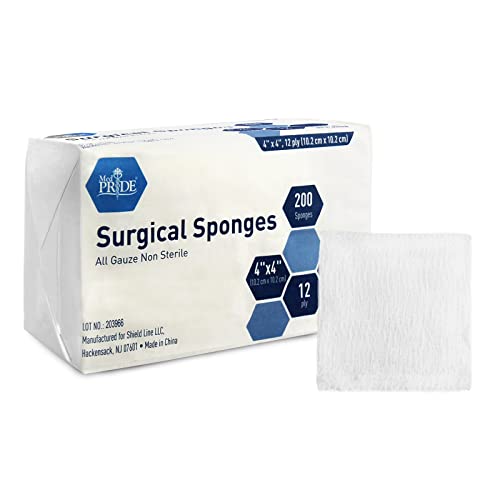
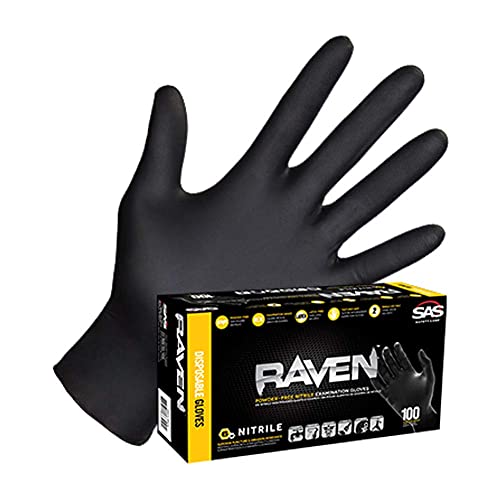


Thank you for putting these items all together! So appreciated.
When I have a need for any of these items, I will be sending you my sincere gratitude.
All the very best to you!
Jeni
Thank you for this list. I had almost all of these, and the ones I didn’t have are now in my Amazon cart!
Vetracin works great on pets or animals! Since we humans are animals it works for us too. I use it for a lot of minor wounds and cuts with excellent results!